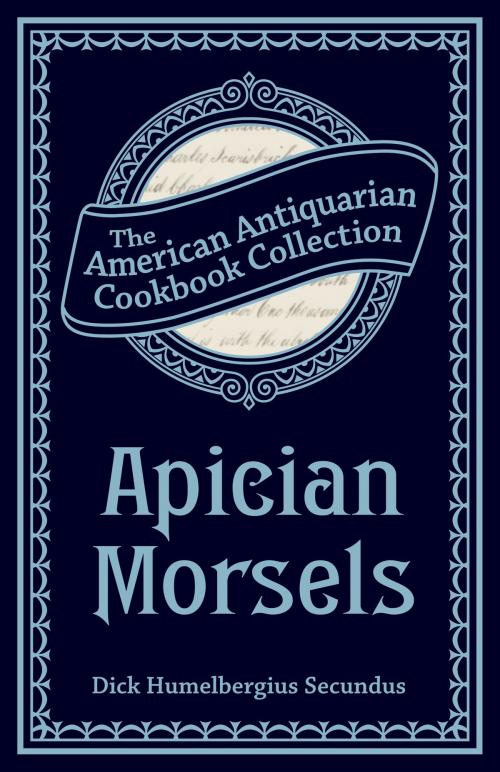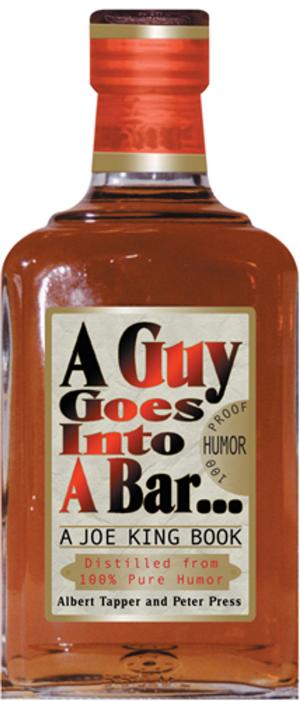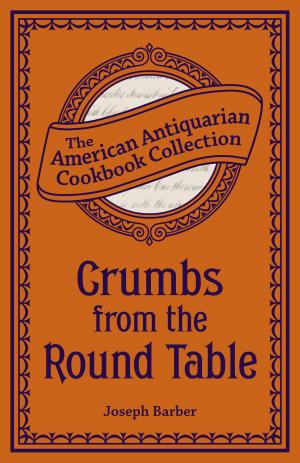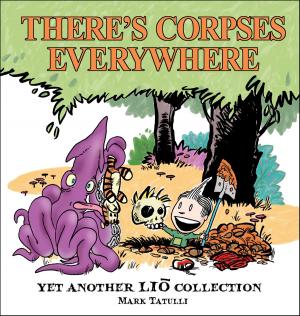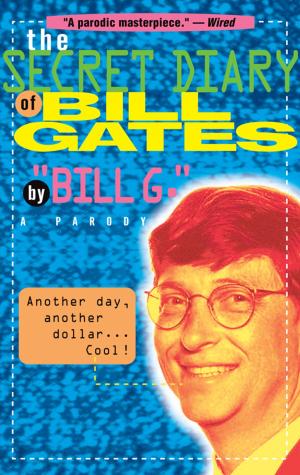Apician Morsels
Or, Tales of the Table, Kitchen, and Larder
Nonfiction, Food & Drink, Food Writing, International, USA| Author: | Dick Humelbergius Secundus | ISBN: | 9781449428785 |
| Publisher: | Andrews McMeel Publishing | Publication: | April 16, 2013 |
| Imprint: | Andrews McMeel Publishing | Language: | English |
| Author: | Dick Humelbergius Secundus |
| ISBN: | 9781449428785 |
| Publisher: | Andrews McMeel Publishing |
| Publication: | April 16, 2013 |
| Imprint: | Andrews McMeel Publishing |
| Language: | English |
Published in 1829 in New York, Apician Morsels, or Tales of the Table, Kitchen, and Larder is an entertaining culinary miscellany that combines cooking history, lore, anecdotes, and witticism, all with a humorous flair. While Dick Humelbergius Secundus is the listed author (a tongue-in-cheek allusion to a 16th century annotator), the tome is believed to have been written by English novelist William Beckford.
Continuing the jesting nature of the book, the title page proclaims to “[a]lways breakfast as if you did not intend to dine; and dine as if you had not broken your fast.” Furthermore, Apician Morsels explores oddities and fascinating lore such as the history of the toothpick, Roman customs on eating and drinking, and quirky antiquarian books on cooking, and warns about avoiding the most frightful of dining situations: eating alone at one’s own home.
Continuing the jesting nature of the book, the title page proclaims to “[a]lways breakfast as if you did not intend to dine; and dine as if you had not broken your fast.” Furthermore, Apician Morsels explores oddities and fascinating lore such as the history of the toothpick, Roman customs on eating and drinking, and quirky antiquarian books on cooking, and warns about avoiding the most frightful of dining situations: eating alone at one’s own home.
Published in 1829 in New York, Apician Morsels, or Tales of the Table, Kitchen, and Larder is an entertaining culinary miscellany that combines cooking history, lore, anecdotes, and witticism, all with a humorous flair. While Dick Humelbergius Secundus is the listed author (a tongue-in-cheek allusion to a 16th century annotator), the tome is believed to have been written by English novelist William Beckford.
Continuing the jesting nature of the book, the title page proclaims to “[a]lways breakfast as if you did not intend to dine; and dine as if you had not broken your fast.” Furthermore, Apician Morsels explores oddities and fascinating lore such as the history of the toothpick, Roman customs on eating and drinking, and quirky antiquarian books on cooking, and warns about avoiding the most frightful of dining situations: eating alone at one’s own home.
Continuing the jesting nature of the book, the title page proclaims to “[a]lways breakfast as if you did not intend to dine; and dine as if you had not broken your fast.” Furthermore, Apician Morsels explores oddities and fascinating lore such as the history of the toothpick, Roman customs on eating and drinking, and quirky antiquarian books on cooking, and warns about avoiding the most frightful of dining situations: eating alone at one’s own home.
More books from Andrews McMeel Publishing
We use our own "cookies" and third party cookies to improve services and to see statistical information. By using this website, you agree to our Privacy Policy
